Federal Judge Blocks Arkansas's 'Obscenity' Law
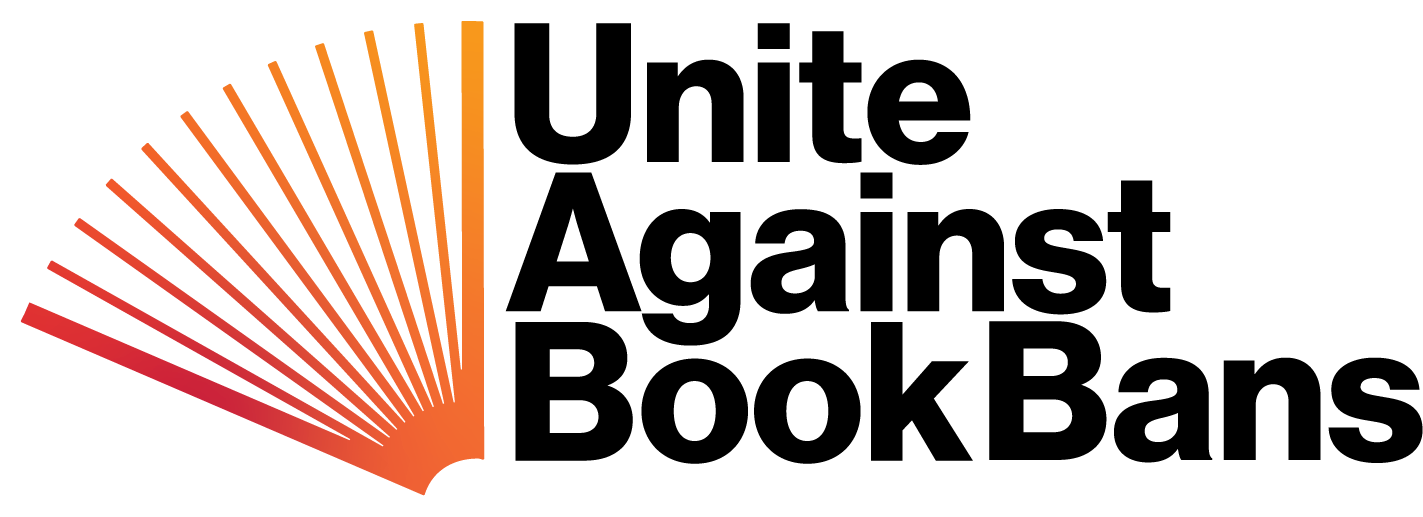 A federal judge has issued a preliminary injunction against key parts of the Arkansas law signed in March that would limit minors' access to books and other material deemed "obscene" and would allow criminal charges against booksellers and librarians who violate the law, which was set to take effect tomorrow, August 1. According to the AP, the judge, Timothy L. Brooks, also rejected a motion by the defendants, which include prosecuting attorneys for the state, seeking to dismiss the case.
A federal judge has issued a preliminary injunction against key parts of the Arkansas law signed in March that would limit minors' access to books and other material deemed "obscene" and would allow criminal charges against booksellers and librarians who violate the law, which was set to take effect tomorrow, August 1. According to the AP, the judge, Timothy L. Brooks, also rejected a motion by the defendants, which include prosecuting attorneys for the state, seeking to dismiss the case.
The judge said that the law's definitions seemed intentionally vague, allowing "local governing bodies... greater flexibility to assess a given challenge however they please rather than how the Constitution dictates," as the Arkansas Advocate noted.
Nate Coulter, executive director of Central Arkansas Library System, one of the plaintiffs, told the AP that the judge's decision recognized the law as censorship, a violation of the Constitution and wrongly maligning librarians. "As folks in southwest Arkansas say, this order is stout as horseradish!" he said. "I'm relieved that for now the dark cloud that was hanging over CALS' librarians has lifted."
Holly Dickson, executive director of the ACLU in Arkansas, commented: "The question we had to ask was--do Arkansans still legally have access to reading materials? Luckily, the judicial system has once again defended our highly valued liberties."
In May, 17 plaintiffs, including the American Booksellers Association, the American Library Association, the Association of American Publishers, other book world organizations, local bookstores and libraries, parents, and students, sued the state over the law. Plaintiffs include two Arkansas independent bookstores: Pearl's Books, Fayetteville, and WordsWorth Books, Little Rock.
At the time of the suit, the ABA and ABFE pointed out that under the law, "Arkansas booksellers can be prosecuted for 'making available' or 'displaying' books that are 'harmful to minors.' This means booksellers have to choose to either limit all the books on their shelves to materials acceptable for the youngest readers or exclude all minors from the shop."
Thus, booksellers could be charged with a misdemeanor for the first offense or a felony on the second offense for "selling, displaying, or marketing legal materials in their own bookstores. It is impossible for a bookseller to know the contents of every book in their store and impossible to define 'harmful' for everyone."
The law also makes it easy for individuals, "especially those that belong to censorship groups, to enter a bookstore for the express purpose of finding a book that they believe is offensive simply to get a bookseller into legal trouble for selling a book that they don’t like. This could understandably force some bookstores to not display a diverse array of literary works for fear that they could run afoul of the law."
Proponents of the law have said that it is targeted at pornography, according to the Arkansas Advocate, while opponents have said it is aimed at LGBTQ+ titles.










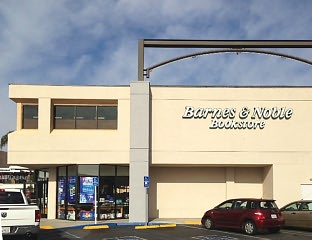

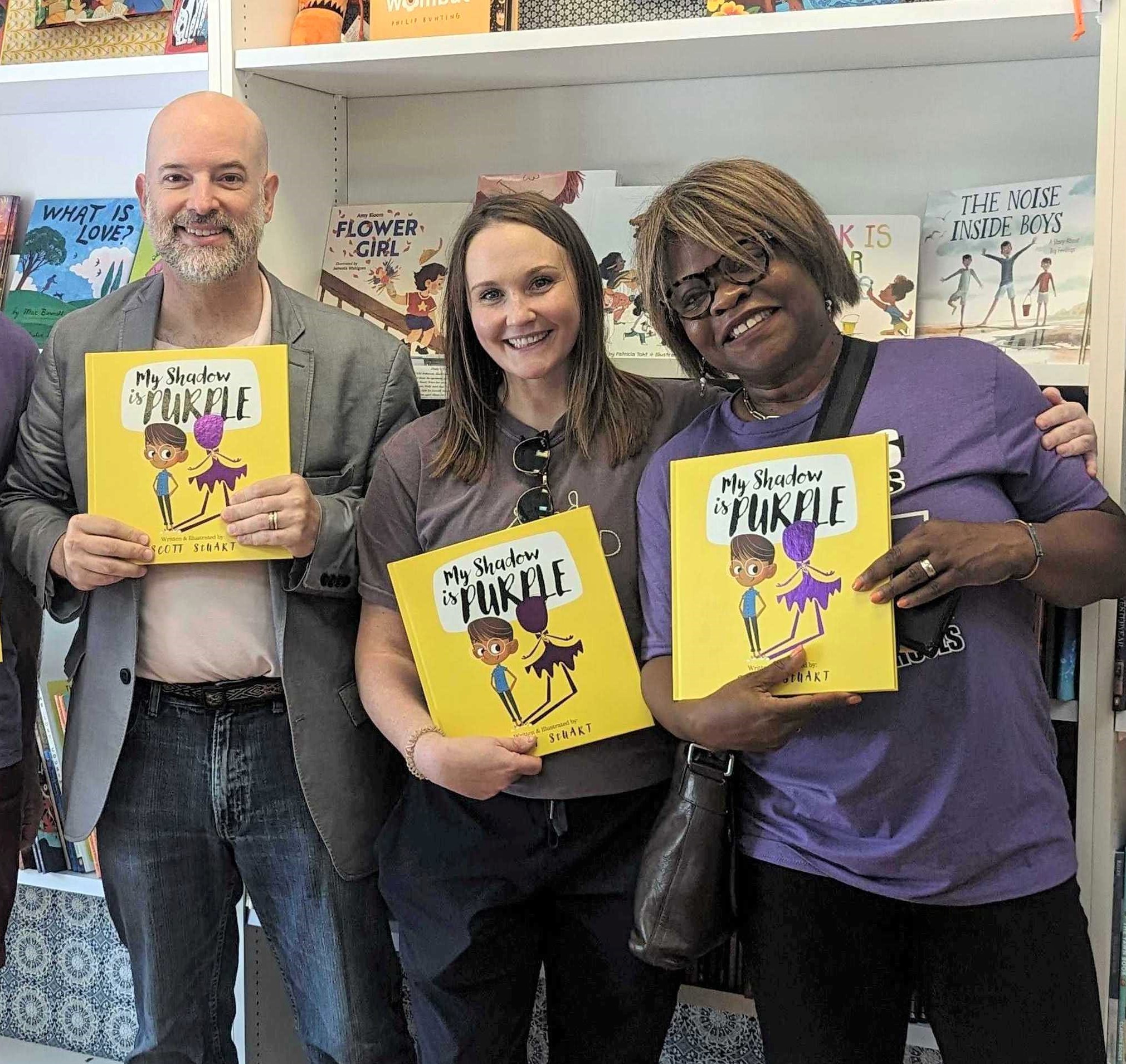


 Whalefall
Whalefall Brown Sugar Baby: Christmas Joy
Brown Sugar Baby: Christmas Joy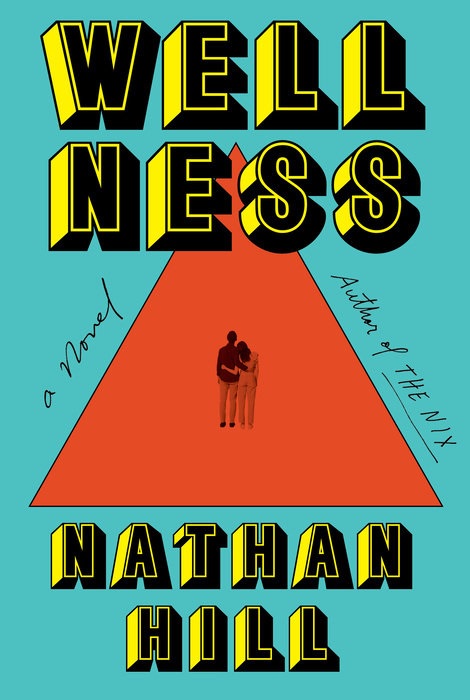 It's been seven years since the publication of Nathan Hill's first novel, The Nix, but anyone who loved that book will be delighted he's returned with equally expansive, audacious, and bighearted style in Wellness. In a novel that's both emotionally astute and deeply attuned to the 21st-century American zeitgeist, Hill also remains true to the imperative to tell a good story.
It's been seven years since the publication of Nathan Hill's first novel, The Nix, but anyone who loved that book will be delighted he's returned with equally expansive, audacious, and bighearted style in Wellness. In a novel that's both emotionally astute and deeply attuned to the 21st-century American zeitgeist, Hill also remains true to the imperative to tell a good story.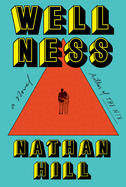
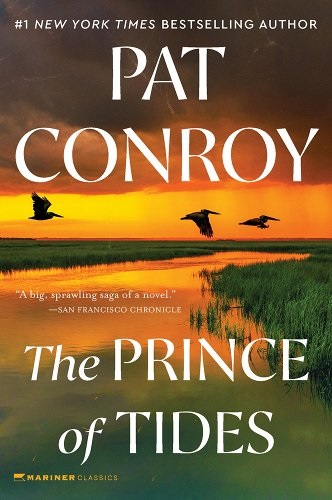 Pat Conroy is maybe the South's loudest and most beautiful voice. The Prince of Tides, set in the low country of South Carolina, might be his best loved or maybe his most hated book. Critics called it "seductive brilliant narrative told with bravado" and "flabby fervid melodrama." Sometimes even the same critic. Count me as a fan. Was he too wordy? I am not capable of answering that. I would read his grocery lists with rapt attention. "To describe our growing up in the low country of South Carolina, I would have to take you to the marsh on a spring day, flush the great blue heron from its silent occupation, scatter marsh hens as we sink to our knees in mud, open an oyster with a pocketknife and feed it to you from the shell and say, 'There. That taste. That's the taste of my childhood.' "
Pat Conroy is maybe the South's loudest and most beautiful voice. The Prince of Tides, set in the low country of South Carolina, might be his best loved or maybe his most hated book. Critics called it "seductive brilliant narrative told with bravado" and "flabby fervid melodrama." Sometimes even the same critic. Count me as a fan. Was he too wordy? I am not capable of answering that. I would read his grocery lists with rapt attention. "To describe our growing up in the low country of South Carolina, I would have to take you to the marsh on a spring day, flush the great blue heron from its silent occupation, scatter marsh hens as we sink to our knees in mud, open an oyster with a pocketknife and feed it to you from the shell and say, 'There. That taste. That's the taste of my childhood.' "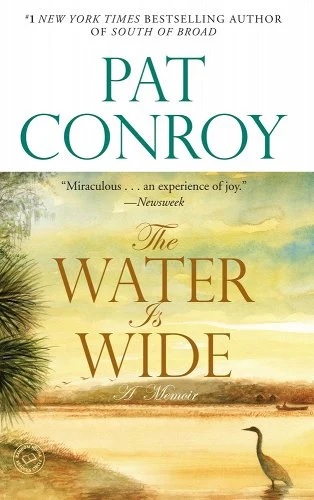 The Prince of Tides is the long adjective-filled story of a deeply disordered family. It is also a love story. Tom Wingo unwraps the saga of his family so psychiatrist Susannah Lowenstein can treat his sister. Naturally he romances her instead. He is after all a deeply Southern man in the grand tradition. Conroy manages an unruly cast of characters and a stormy story. If he slips up once in a while with a page-long sentence, nobody minds much because there is undoubtedly the truest sentence you've ever read just ahead. Inhale... "and you would breathe and remember that smell for the rest of your life, the bold, fecund, aroma of the tidal marsh, exquisite and sensual, the smell of the south in heat, a smell like new milk, semen and spilled wine, all perfumed with seawater."
The Prince of Tides is the long adjective-filled story of a deeply disordered family. It is also a love story. Tom Wingo unwraps the saga of his family so psychiatrist Susannah Lowenstein can treat his sister. Naturally he romances her instead. He is after all a deeply Southern man in the grand tradition. Conroy manages an unruly cast of characters and a stormy story. If he slips up once in a while with a page-long sentence, nobody minds much because there is undoubtedly the truest sentence you've ever read just ahead. Inhale... "and you would breathe and remember that smell for the rest of your life, the bold, fecund, aroma of the tidal marsh, exquisite and sensual, the smell of the south in heat, a smell like new milk, semen and spilled wine, all perfumed with seawater."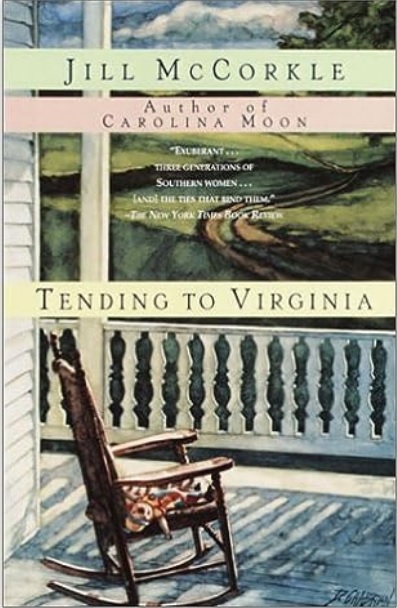 Tending to Virginia by Jill McCorkle is the South told through its women. Ginny Sue is eight months pregnant and struggling with a difficult pregnancy in the heat of the summer. Three generations of the women of her family are caring for her as the fourth generation gets ready to make an appearance. We get to a close-up view of family told only through this brightly colored feminine lens. The Southern tradition of secrets kept and secrets revealed creates nice gentle suspense. And what a treat to see the legacy of women and family celebrated. Every woman should give this book to a daughter, niece, or friend. Now how about we get our sons and nephews to read it, too? There are also plenty more where this came from, including Ferris Beach and Life After Life.
Tending to Virginia by Jill McCorkle is the South told through its women. Ginny Sue is eight months pregnant and struggling with a difficult pregnancy in the heat of the summer. Three generations of the women of her family are caring for her as the fourth generation gets ready to make an appearance. We get to a close-up view of family told only through this brightly colored feminine lens. The Southern tradition of secrets kept and secrets revealed creates nice gentle suspense. And what a treat to see the legacy of women and family celebrated. Every woman should give this book to a daughter, niece, or friend. Now how about we get our sons and nephews to read it, too? There are also plenty more where this came from, including Ferris Beach and Life After Life.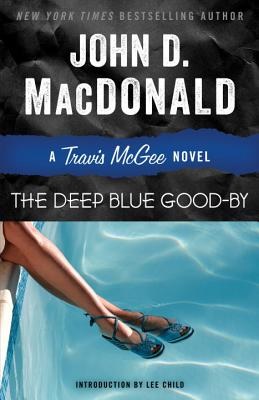 Do you know Travis McGee? He was the brainchild of John D. Macdonald and there are 21 of these books to make your whole livelong summer. Living in Fort Lauderdale, Travis McGee is one of those men who genuinely like women. His home is a houseboat, his drink is Plymouth gin, his pickup truck is named Agnès, and his best friend is a scholarly economist called Meyer. Travis makes his living as a self-described "salvage consultant," which in extremely loose terms means he recovers other people's property for a 50% fee. Travis is a man chock-full of good life lessons. If you want the girl, pay attention and act accordingly. Always travel with tools and gin. Help the turtle cross the road and take the woman in front of you seriously. For more tips, Nightmare in Pink and A Purple Place for Dying are good places to start. Or begin at the beginning with The Deep Blue Good-by. You will be flirting and solving problems by sunset. --
Do you know Travis McGee? He was the brainchild of John D. Macdonald and there are 21 of these books to make your whole livelong summer. Living in Fort Lauderdale, Travis McGee is one of those men who genuinely like women. His home is a houseboat, his drink is Plymouth gin, his pickup truck is named Agnès, and his best friend is a scholarly economist called Meyer. Travis makes his living as a self-described "salvage consultant," which in extremely loose terms means he recovers other people's property for a 50% fee. Travis is a man chock-full of good life lessons. If you want the girl, pay attention and act accordingly. Always travel with tools and gin. Help the turtle cross the road and take the woman in front of you seriously. For more tips, Nightmare in Pink and A Purple Place for Dying are good places to start. Or begin at the beginning with The Deep Blue Good-by. You will be flirting and solving problems by sunset. --